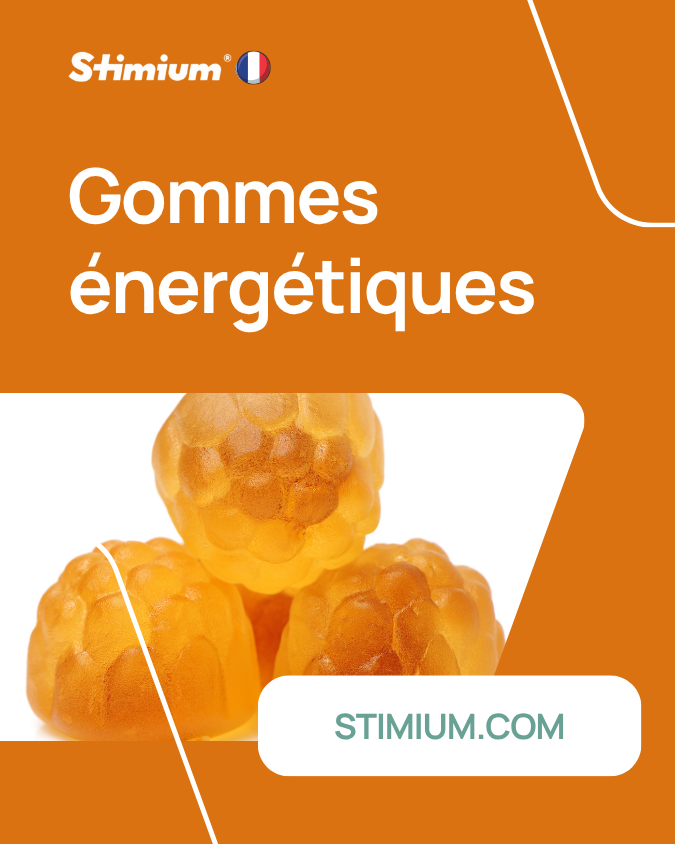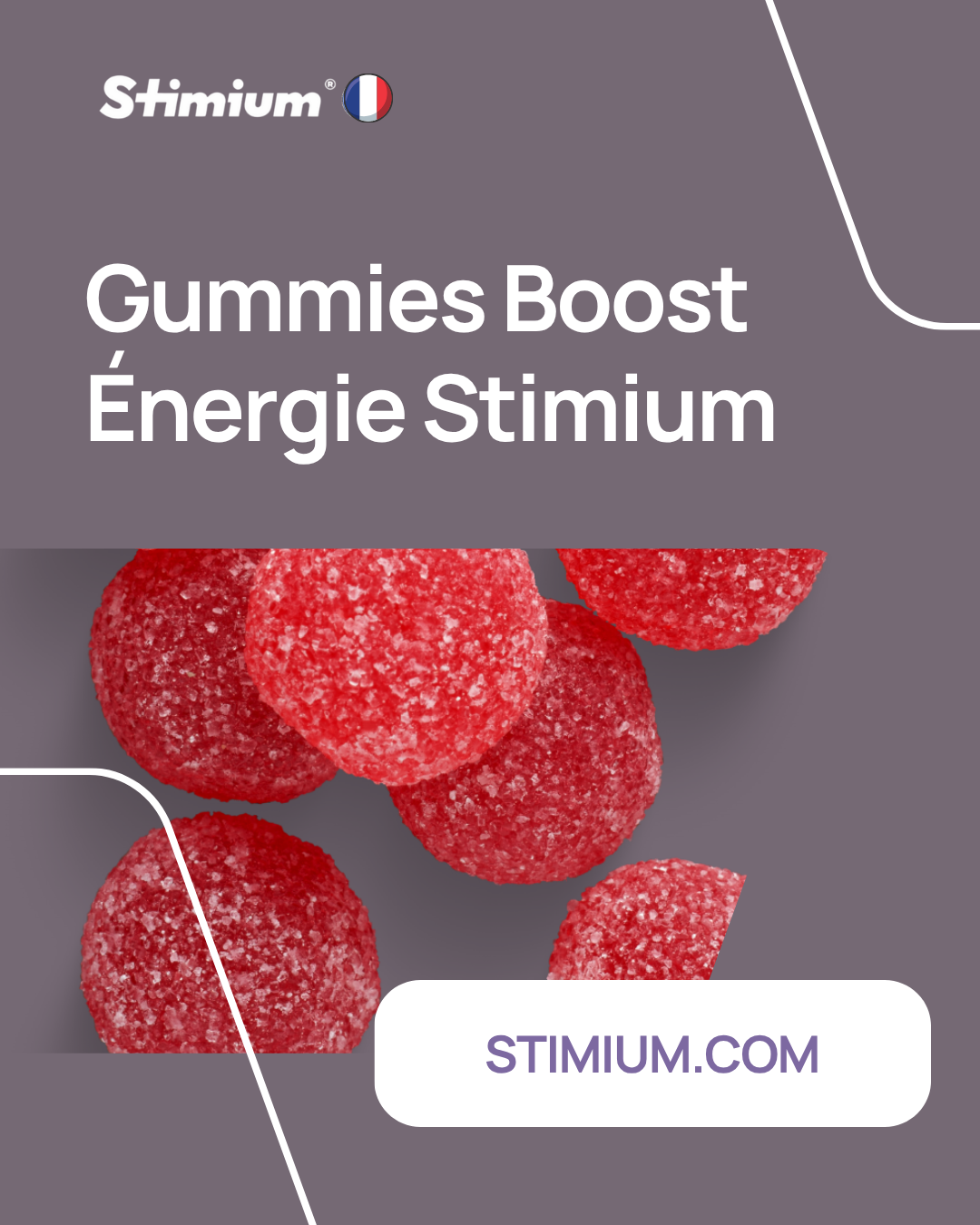What is GABA? Why GABA? What is GABA used for?
Acronym for gamma aminobutyric acid, GABA is an amino acid (and yes, another one!) neurotransmitter that is found in abundance in the brain. Let's discover the virtues of this natural chemical compound and why it is of real interest in nutrition.
Let's start with a little chemistry: GABA is not, as such, a nutrient contained in foods, except in certain foods such as chestnuts, nuts or in certain teas, but its synthesis, coming from the decarboxylation of glutamic acid, will logically be boosted by a dietary intake of this amino acid (to increase the production of GABA in the body, it is therefore necessary to consume its precursor, glutamine which we will find in particular in animal proteins of the type eggs, white meats, but also in certain vegetables such as lentils or chickpeas). Synthesized from glutamic acid, itself synthesized from glutamine, GABA is the most widespread neurotransmitter in the brain. Unlike most neurotransmitters such as glutamate or dopamine, GABA is known above all to be inhibitory, it is even the reference inhibitory neurotransmitter, nearly 40% of synapses in the human brain play an active role in the presence of GABA and therefore involve its receptor.
At the physiological level, GABA can be defined as an inhibitory neurotransmitter which tends to slow down the transmission of nerve impulses; we speak of “inhibitory” regulation of brain activity. This means that without GABA, neurons could go into overdrive and transmit nerve impulses in a disorderly, haphazard way – our brains could go into overdrive and send conflicting signals. GABA ultimately allows control of the central nervous system and the transmission of information. For athletes subject to stress, or for people who are simply sensitive to pressure, panic, anxiety, (a school exam, a professional interview, a public speech to make, etc.), GABA therefore has a real usefulness, because the best training, and/or the best learning could be reduced to nothing, if we cannot control this resistance to stress.
On another physiological level, GABA has undeniable advantages. Sleep disorders such as insomnia are frequently linked to a deficiency in the secretion of certain neurotransmitters such as serotonin or GABA. When this is the case, a GABA intake is beneficial for improving symptoms. For example, if you regularly take melatonin to help you fall asleep, know that melatonin will stimulate GABA receptors and increase its effects.
But it doesn't stop there, GABA is in fact a powerful muscle relaxant. GABA inhibits cells and reduces the secretion of a large number of inflammatory molecules. Muscle tension and spasms are among the main symptoms of stress and panic attacks. Physiologically, they manifest themselves under the effect of noradrenaline, which, by increasing, inhibits the secretion of GABA. This is where GABA supplementation will become interesting, by reducing muscle tension, slowing the heart rate and reducing muscle spasms. This is precisely the definition of a muscle relaxant neurotransmitter.
GABA is therefore not only essential to the good health of the brain but also of the muscles by optimizing its ability to rest and therefore to recover since it has been demonstrated in several studies that GABA significantly stimulates the secretion of hormone. growth (HGH = Human Growth Hormone), during phases of deep sleep, in which HGH actively participates in the muscular development of the human body, while working on the reduction of fat!
In terms of symptoms that could indicate a GABA deficiency, we very often find:
- Increased nervousness and agitation,
- Anxiety or panic attacks,
- Irritability,
- Mood variations,
- Lack of concentration,
- Insomnia,
- Muscle pain or stiffness,
- Headache,
- Cold sweat,
- Sweaty hands,
- Chronic exhaustion (adrenal exhaustion syndrome).
In summary, taking GABA is relevant:
- To improve the quality of sleep
- For fat loss (cellulite reduction)
- To increase cardiac output
- To improve concentration and memory
- To improve one's ability to resist nervousness and anxiety.
- To combat mood and behavioral disorders due to stress.
Numerous studies are underway on the different interests of GABA. For example, several American, Japanese and European teams are working on the interest of GABA in type 1 and type 2 diabetes thanks to the anti-inflammatory effect of aminobutyric acid (GABA) in the pancreatic islets to promote the survival of insulin-secreting beta cells.
In terms of dosage, the recommended dosage of GABA in the form of a food supplement varies from 500 mg to 1.5 g per day. It is recommended not to exceed 3 g of Stimium GABA per day, considering that it is a product without side effects except in excessive overdose. In this, it will be recommended to take 2 to 4 capsules per day. Furthermore, the action of GABA is felt all the more quickly when the supplement is taken on an empty stomach, particularly with a view to sports nutrition.







